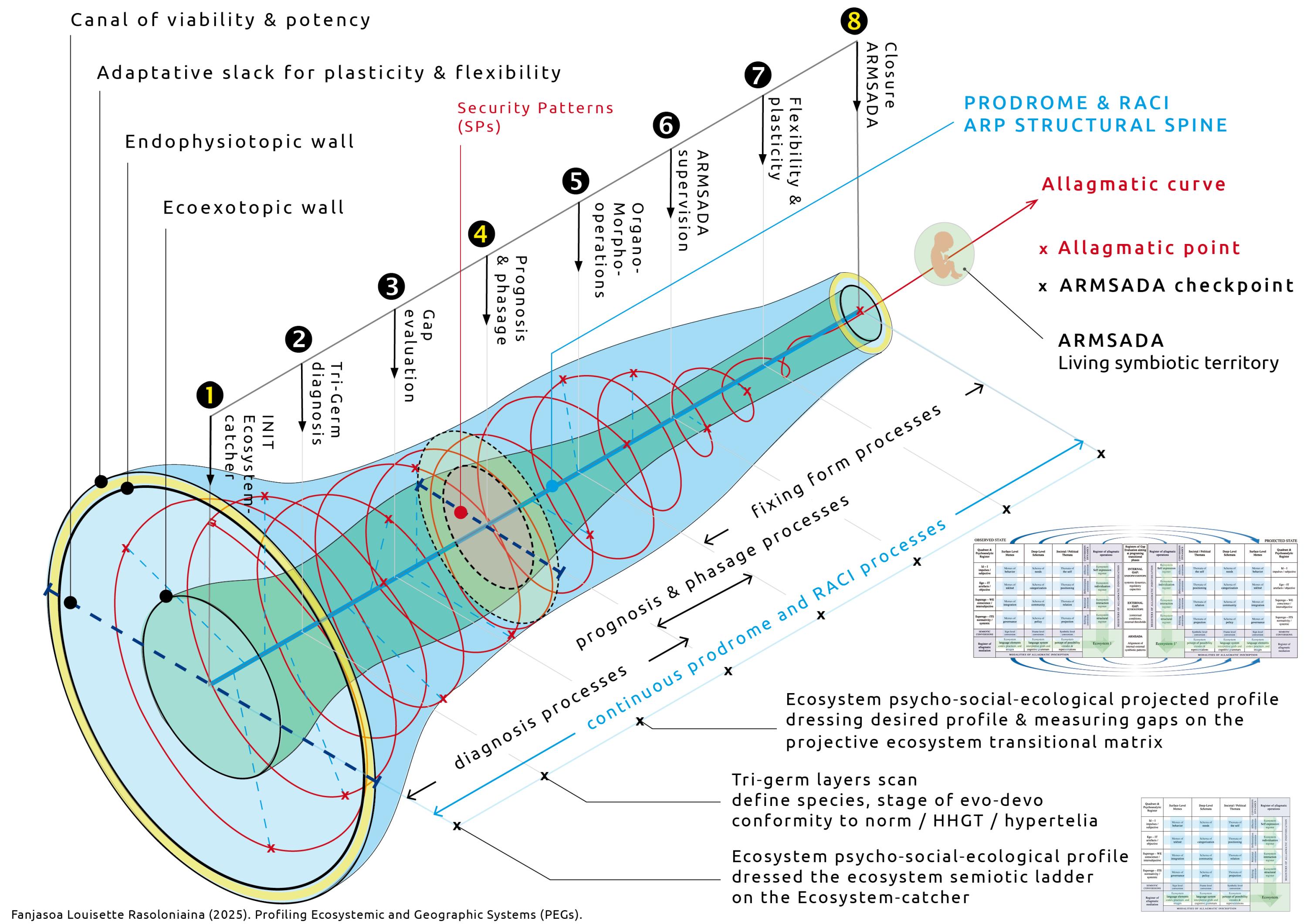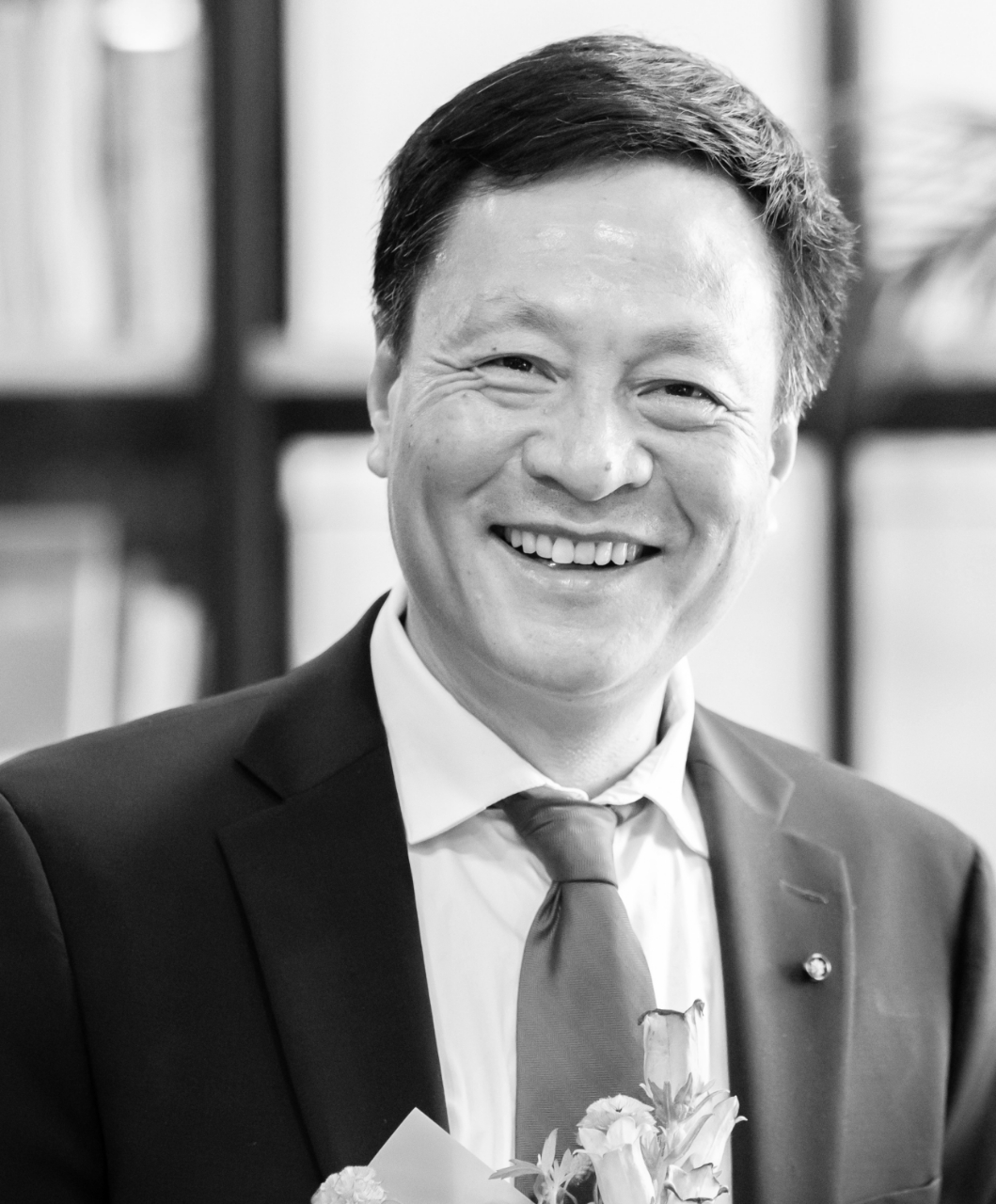At the verge of finalizing my PhD dissertation, learning of the loss of Professor Kongjian Yu has triggered the realization of how deeply his work has shaped my path—impacting my thinking as a researcher, my practice as a designer, and my engagement as a citizen of Planet Earth.
In any anthology on ecologies and landscape, the work of Professor Yu cannot be overlooked. A 1995 PhD graduate from Harvard GSD and a former student of Richard T. T. Forman, Yu’s dissertation pioneered the theory of landscape ecological security patterns (SPs). His research redefined infrastructure planning by integrating surface water systems, geographic surface models, game and threshold theories, and GIS technologies. From this emerged the foundational idea of green sponges—landscapes that absorb and channel water at their core. At the heart of the urgent question of our cities’ and territories’ sustainability, he traced a bold path for reasoning with nature.
Yu’s vision resonates with, yet profoundly extends, Peter Cook’s experimental lineage. Where Cook’s Sponge Building (1964) and Sponge City (1974) posed radical critiques of the primacy of architecture over landscape, Yu transformed the metaphor into a comprehensive design framework. He expanded it into a systemic philosophy that merged landscape, urbanism, infrastructure, ecology, and ecosystem services. His approach integrated both abiotic and biotic specificities into coherent, resilient meshwork systems—linking sources, cores, buffer zones, edges, and passages in terms of Minimal Cumulative Resistance (MCR).
Globally recognized as the inventor of the Sponge City concept, Yu always honored its genealogy, tracing its roots back to 1964. Yet he decisively carried it forward, institutionalizing the field of landscape infrastructure as a vital framework for ecological, sustainable, and resilient futures. His intellectual honesty was exemplary in a world too often governed by superlatives. His commitment embodied both ecological responsibility and a profound sense of social justice.
Remembering Professor Yu is to honor a thinker and designer of extraordinary influence, and to recognize the bridges he built—between East and West, between metaphor and method, between imagination and ecological survival. His legacy remains foundational for all who seek to weave landscape, infrastructure, and ecology into a shared and livable future.
He was not only a Chinese national treasure, but a human and spiritual treasure. For those of us who gained so much from his life’s commitment and shared wisdom, our responsibility is to carry forward his principles and ensure that his vision continues to inspire generations to come.
I do.
Fanjasoa Louisette Rasoloniaina


